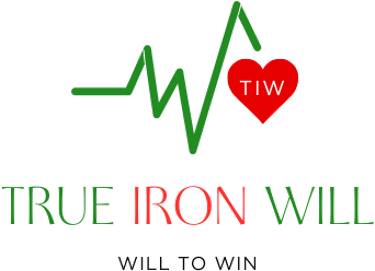Research Connects Ultra-Processed Foods With Cardiometabolic Diseases
Will Loiseau
9/15/20251 min read


A recent CDC report shows ultra-processed foods (industrial formulations with additives or ingredients not commonly used in home cooking) make up 62% of calories consumed by American youth aged 1-18. To put this in perspective: we're watching an entire generation grow up on salt, grease, and liquid candy as dietary staples.
The American Heart Association has now issued a scientific advisory linking diets high in ultra-processed foods to increased risks of cardiometabolic diseases and death. These aren't just "junk foods" - they're products containing substances "of no culinary use," chemical additives designed to enhance appearance, flavor, and texture.
The research reveals a dose-response relationship: as ultra-processed food consumption increases, health indicators decline. It's not just what these foods lack nutritionally - it's what the processing itself does:
Disrupts cellular structure, causing blood glucose and insulin spikes
Creates addictive texture and flavor combinations that hijack reward pathways
Generates harmful compounds through high-heat treatment
Introduces contaminants like microplastics through packaging
Ultra-processed foods are often low in essential nutrients such as fiber, vitamins, and minerals. This can lead to nutritional deficiencies and an increased risk of chronic diseases such as heart disease, diabetes, cancer, and autoimmune disorders.
We've normalized ultra-processed foods in our diets, and children consuming these products daily barely registers in our awareness anymore.
The path forward is simple, though not easy: prioritize whole fruits, vegetables, and minimally processed foods. Our children's metabolic health - and their future - depends on it.
Start Your Transformative Journey Today
© 2026 True Iron Will LLC. All Rights Reserved .
Mailing Address:
1317 Edgewater Drive #1297
Orlando, FL 32804
TrueIronWill1@gmail.com
